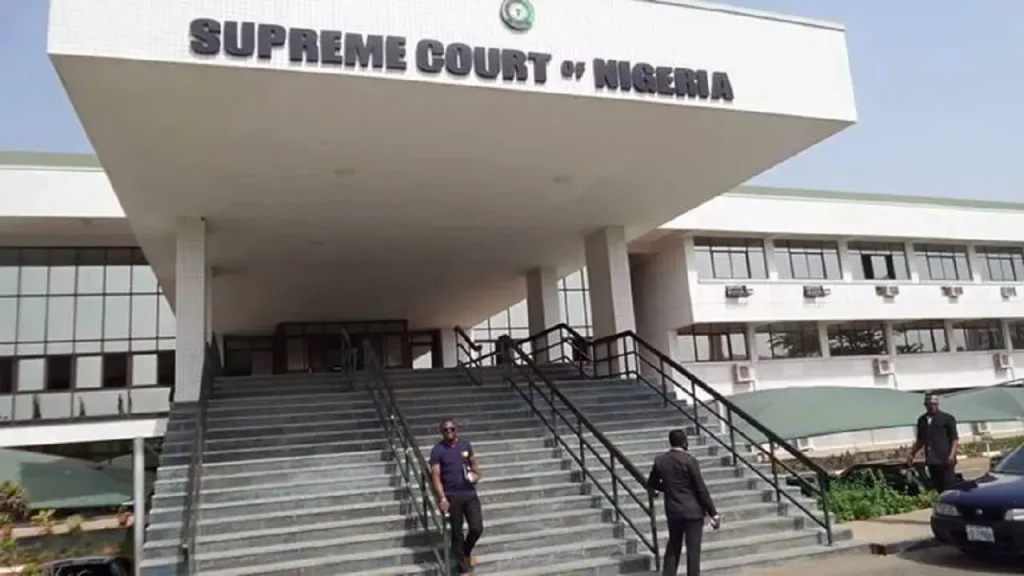The Ondo State Government has faulted the competence of the suit filed before the Supreme Court by the Attorney General of the Federation (AGF) on Local Governments autonomy.
In a notice of preliminary objection filed for the state by its Attorney General and Commissioner for Justice, Dr. Olukayode Ajulo (SAN), Ondo State argues that it is not within the constitutional powers of the AGF, who filed the suit in the name of the Federal Government, to query how a state runs its LGs or administer their funds.
It is also Ondo State’s contention that it is only the National Assembly or the state House of Assembly that can query the manner Local Governments are being administered and how their funds are deployed.
While describing the FG as a meddlesome interloper in the matter of LGs administration, Ondo State also argued that the Supreme Court lacked the jurisdiction to hear and determine the case.
It added that the plaintiff has been unable to establish that a dispute exists between it and the 36 states to warrant the invocation of the jurisdiction of the Supreme Court as required under Section 232(1) of the Constitution.
Ondo State, listed as the 28th defendant in the suit, urged the apex court to decline jurisdiction over the case.
In a separate motion, Ondo State equally faulted the averments contained in some paragraphs of the affidavit filed by the plaintiff in support of the originating summons and urged the court to strike them out.
It stated that the affected averments contravened the provision of Section 115 of the Evidence Act 2011 (as amended).
In the preliminary objection, Ondo State is contending that the Supreme Court “lacks the requisite jurisdiction to hear and determine this suit, same having been filed in flagrant violation of Section 232(1) of the Constitution of the Federal Republic of Nigeria, 1999 (as amended) (‘the Constitution’), Section 1(1)(a) of the Supreme Court (Additional Jurisdiction) Act. No. 3, 2002 and Order 3 Rule 6(1) of the Supreme Court Rules (as amended 2014).
“Section 232(1) of the Constitution only permits the invocation of the original jurisdiction of this honourable court where there is a dispute between the federation/plaintiff and the defendants/states which involves any question of law or fact on which the existence or extent of the legal right of either the federation or the defendants/states depends.
“The proper parties in any action where the original jurisdiction of the Supreme Court is invoked are persons listed in Section 232(1) of the Constitution and Section 1(1)(a) of the Supreme Court (Additional Jurisdiction) Act. No. 3, 2002 vis-à-vis the respective legal rights of the parties, and no other person whatsoever – whether natural or artificial – is allowed to be a party to the suit under any guise whatsoever.
“The federation/plaintiff has no locus standi to institute and/or maintain this suit as the funds complained of in the instant suit belong to the local government councils created by the Constitution as a distinct and different tier of government independent of the Plaintiff.
“The legal import of Section 162(3) of the Constitution is to the effect that any amount standing to the credit of the Federation Account shall be distributed among the Federal and State Governments and the local government councils in each state on such terms and in such manner as may be prescribed by the National Assembly.
“The distribution of the said funds between three distinct tiers of government is not subject to the discretion or any terms and conditions of the plaintiff.
